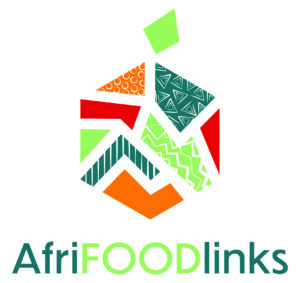Agricultural Sector Development Support Programme (ASDSP)
The Agricultural Sector Development Support Programme (ASDSP) constituted a key initiative aimed at enhancing the commercialization of agriculture in Kisumu. Initiated by the national government with support from international donors, the Kisumu County Government strengthened the capacity of priority value chain actors, particularly women, youth, and smallholder farmers through the initiative. The programme focused on improving productivity, promoting climate-smart agriculture, and developing entrepreneurial skills to support sustainable micro-, small and medium-sized enterprises in the agricultural sector. ASDSP also facilitated better market access through improved linkages, financial services, and information, helping to create more resilient agricultural businesses and contributing to food security in the region.



